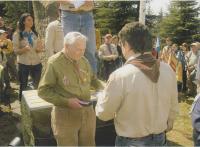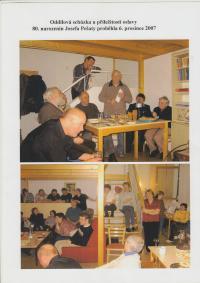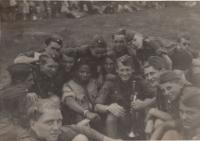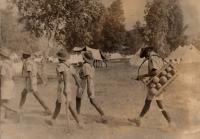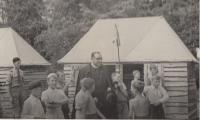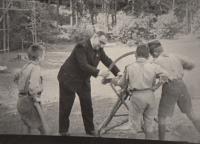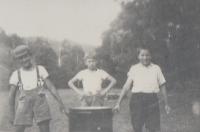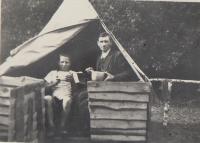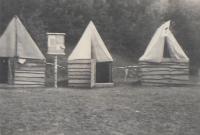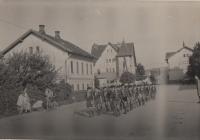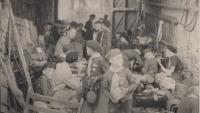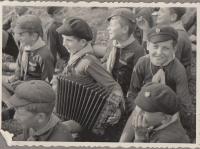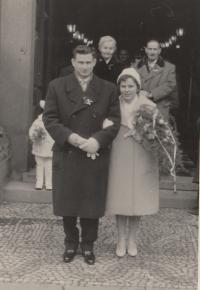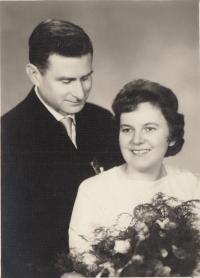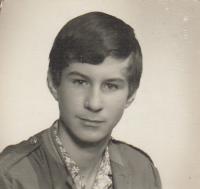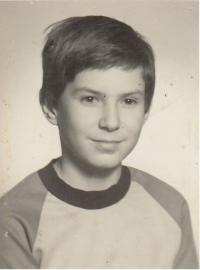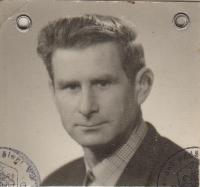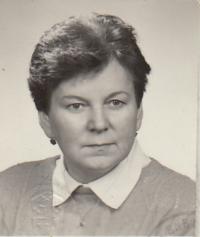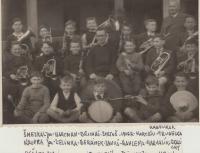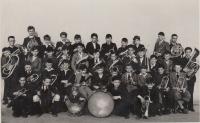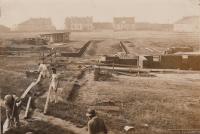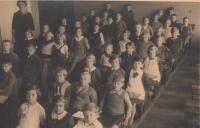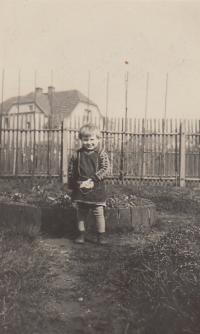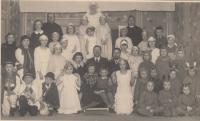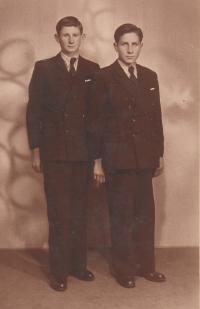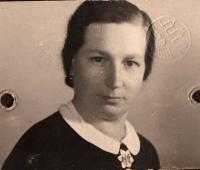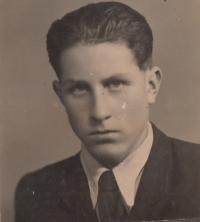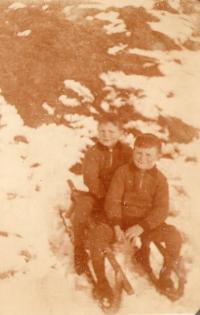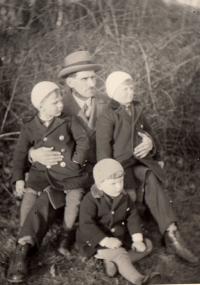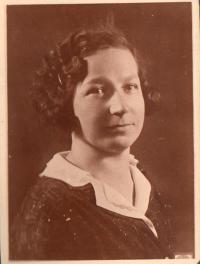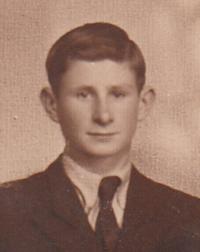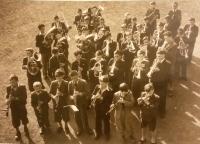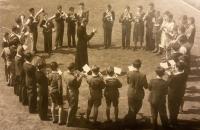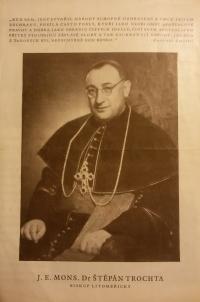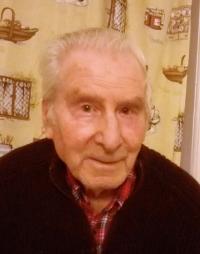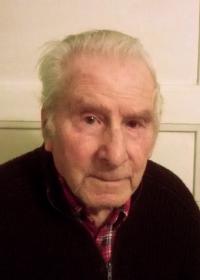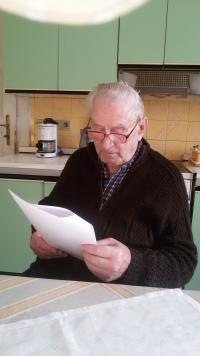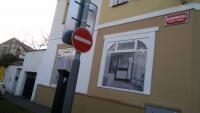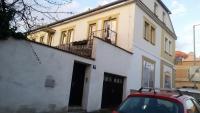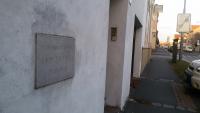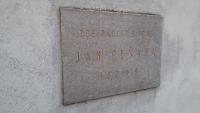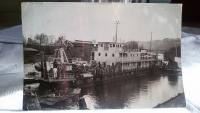I haven’t been making any difference between the partisans and non-partisans until the moment when the communists caused me to have a heart attack

Stáhnout obrázek
Josef Pešata was born in Prague on 5th December 1927 and his entire life has been interconnected with the Prague-Kobylisy neighbourhood. His father worked as a tram driver and conductor. Josef was a keen Boy Scout and since the establishment of the Kobylisy Salesian centre in 1937 he acted in their theatre and he also played the trumpet in the boy orchestra. It was also here that he met the priest and future bishop Štěpán Trochta for the first time. During the period of martial law in 1942 he saw trucks which were bringing victims to the execution grounds in the Kobylisy shooting range. Josef‘s mother Anna Pešatová was pregnant at that time and she died of tuberculosis in the same year. During the Prague Uprising, Josef and his friend wanted to use firearms to defend Kobylisy against the Nazis. Thanks to a quick reaction of a gardener who buried the firearms into a flowerbed they were saved from Nazi persecution. However, Nazis shot to death Josef‘s sixteen-year-old brother Jan on 7th May in Bořanovická Street. After February 1948, Josef was not allowed to take entrance exams for the college of forestry because he refused to give up his religion. He worked as a planner in the shipyard in Prague-Libeň. A conflict with a communist chairman eventually caused him to suffer a heart attack. Until early 1990s Josef worked with the youth in a sports club. Josef Pešata died in autumn 2020.
